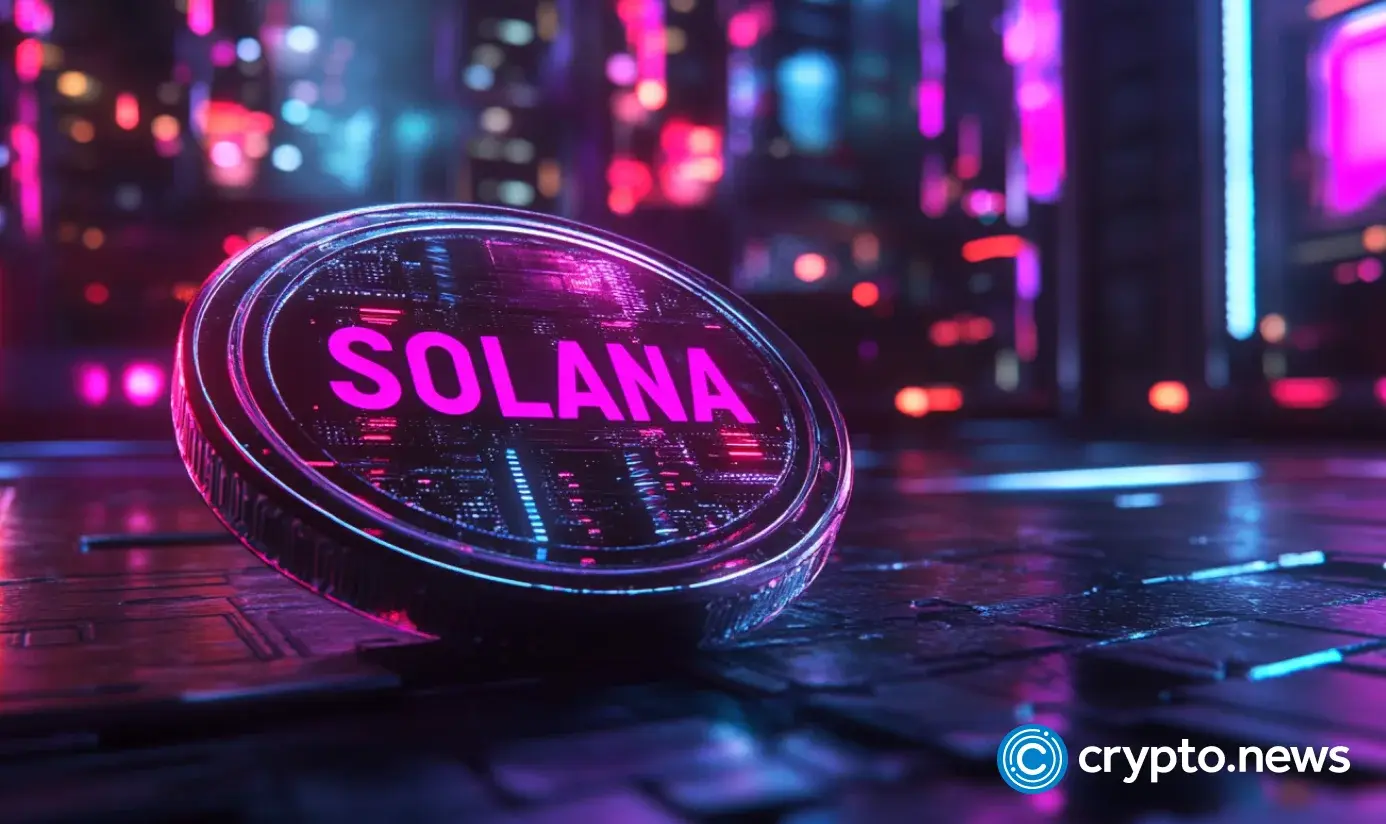
content, reviewed by leading industry experts and seasoned editors. Ad Disclosure
Canada’s British Columbia is set to put a permanent stop on new grid connections to operations related to mining of Bitcoin and other cryptos.
British Columbia To Ban New Crypto Mining Grid Connections Permanently
According to a statement from British Columbia’s Ministry of Energy and Climate Solutions, the government is going to implement regulatory changes in Fall 2025 related to which industries receive electricity from the Canadian province’s grid.
In particular, British Columbia will limit the power available for data centers and AI, and permanently ban new BC Hydro connections for mining farms related to Bitcoin and other digital assets. BC Hydro is the region’s main electricity distributor, with its name alluding to the fact that most of the power in the province is generated using hydroelectrical stations.
The ministry said the legislation is to “ensure electricity is available for sectors that produce jobs, generate public revenues, and have the greatest opportunity to decarbonize, including mining, upstream natural gas, LNG, and manufacturing.
New cryptocurrency mining connections have already been suspended in British Columbia since December 2022, due to what the ministry described as the industry’s “disproportionate energy consumption and limited economic benefit.”
Initially, the suspension was to last 18 months, but in 2024, the government extended the period to 36 months. The mining ban would have been lifted in December 2025, but with the latest policy, the province has decided to make it permanent instead.
For other industries with limits on power, BC Hydro will have projects compete in early 2026 for “a two-year period that allocates 300 megawatts (MW) for AI, 100 MW for data centres, and amounts for hydrogen exports that will be set at a later time, as market conditions warrant.”
Canada’s British Columbia isn’t the only region where Bitcoin mining has faced pushback recently. The Southeast Asian nation of Laos is looking to end cryptocurrency mining by the end of Q1 2026, as reported by Bitcoinist.
Laos, which is another hub of hydroelectric power, intends to similarly redirect power away from digital-asset mining operations toward industries that produce jobs and add value to the local economy. In the case of the Asian country, the sectors its government is considering prioritizing include AI, metal refining, and electric vehicles.
Meanwhile, in Brazil, cryptocurrency mining companies are negotiating contracts with local electricity providers to tap into the country’s surplus of renewable energy, according to a Reuters report.
Tether, the issuer of USDT (the largest stablecoin in the world), earlier this year acquired a South American agriculture and renewable electricity producer to use its biomass-generated electricity to power a Bitcoin mining facility in Brazil.
Bitcoin Price
Bitcoin has again seen a pullback as its price has come back down to the $108,600 level.
Featured image from Dall-E, chart from TradingView.com

Editorial Process for bitcoinist is centered on delivering thoroughly researched, accurate, and unbiased content. We uphold strict sourcing standards, and each page undergoes diligent review by our team of top technology experts and seasoned editors. This process ensures the integrity, relevance, and value of our content for our readers.
.png)




